Deck the Dam: 10 Things on the 2011 Wishlist for the Oregon State Beavers
Deck The Dam: Ten Things on The 2011 Wishlist For The Oregon State Beavers
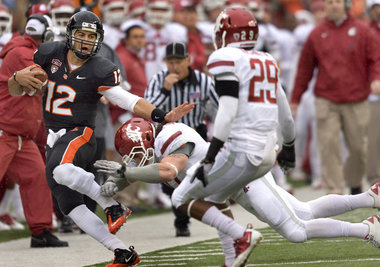
With the 2010 season coming to a close, Oregon State can't help but look forward to next season. Disappointing losses to Washington and UCLA on the road, and a shocking loss to dismal Washington State at home has already marked the season as a loss.
Even if OSU can pull off a miracle against No. 6 Stanford or No. 1 Oregon, the Beavers' post-season will leave aspirations for the season unfulfilled.
A devastating injury to James Rodgers and the underwhelming performance of his brother Jacquizz have seemed to pace the season while leaving experts and analysts befuddled, and leaving fans to daydream about what could have been.
Next season seems to have a bright outlook, and here are 10 things the Beavers could use in their rise back to the top of the conference.
10. Solid Recruits
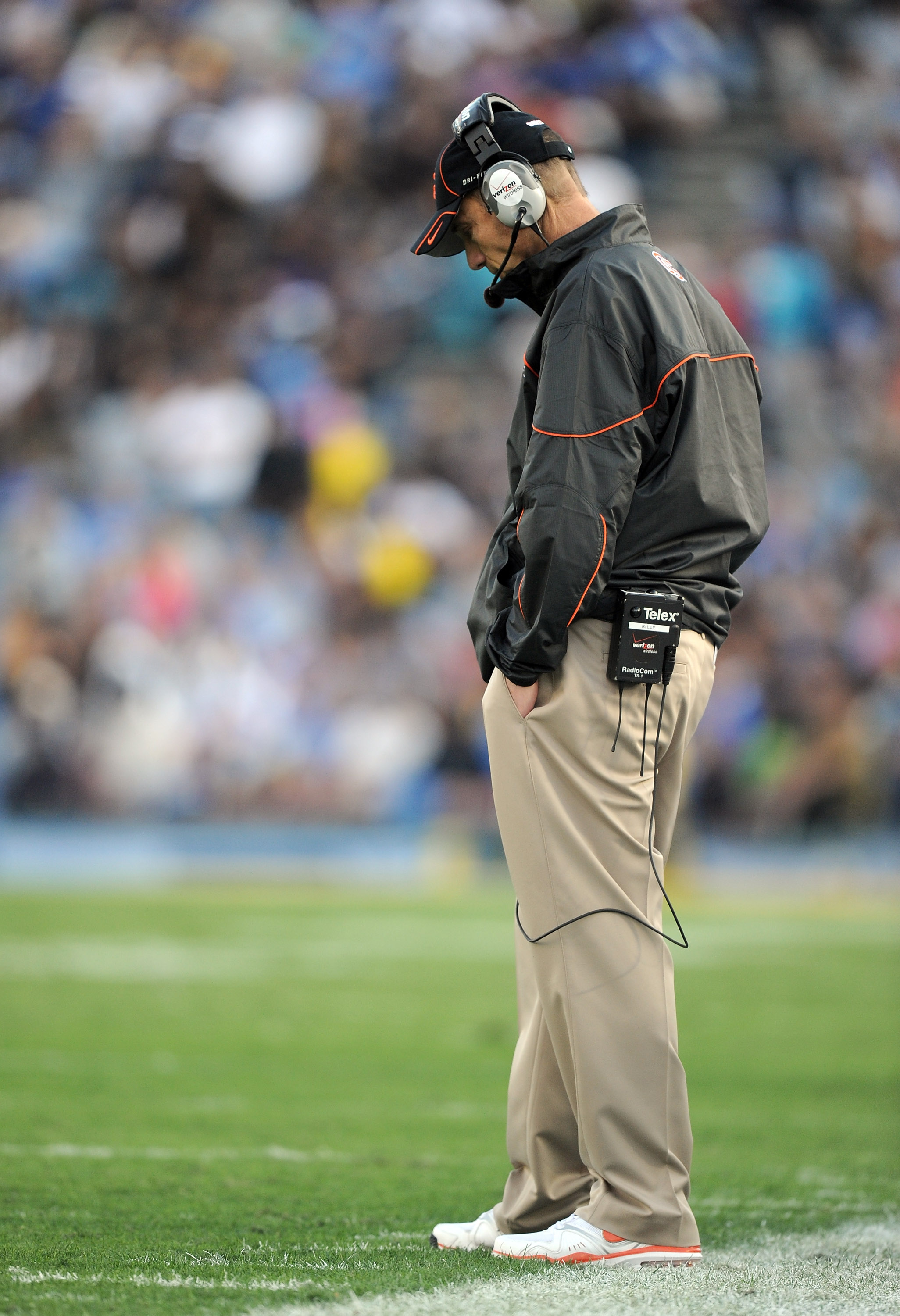
At the end of the 2010 season, the Beavers will lose roughly half of their experienced defense, most notably on their defensive line with the departure of DT Steven Paea.
A total of 12 seniors will be graduating on the defensive side of the ball. Senior DB James Dockery leads the cast of graduates, along with linebackers Keith Pankey and Dwight Roberson.
Kicker Justin Kahut is also a senior, but his diminished role this season leaves doubt as to whether a new place kicker will be a vital piece of the offense next season. Kahut's understudy, Max Johnson, is a true freshman and has not seen game action.
Oregon State will have plenty of young athletes to replace the departing seniors. However the 2011 season and beyond will be marked by newcomers with large contributions. The upcoming off-season should be a busy one for Mike Riley and his coaching staff.
9. Clutch Offense When Defense Holds
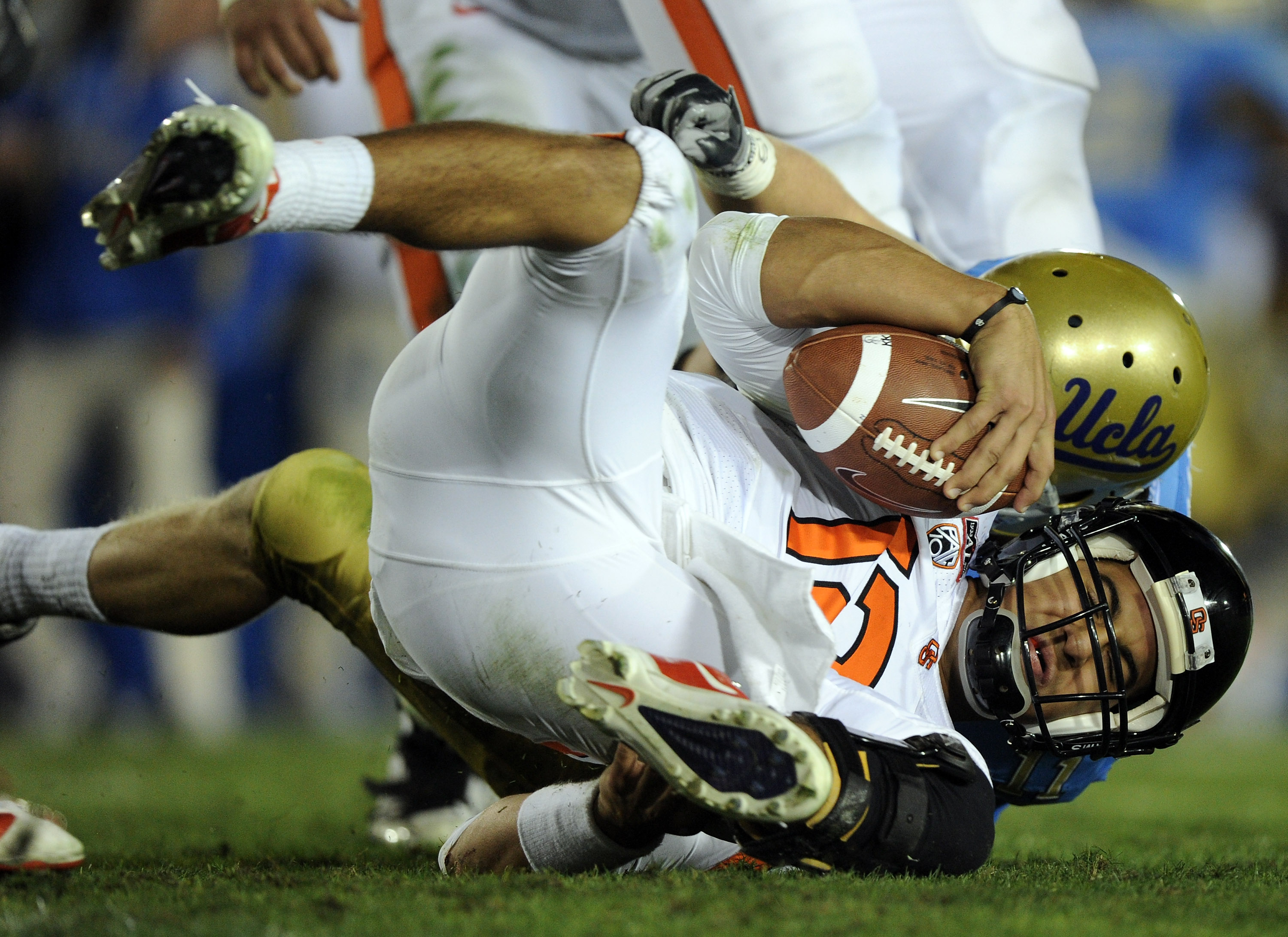
The theme for the offense this season seems to be playing at the opposing defenses' level. Against Washington, the Beavers roared back from a three-touchdown deficit to tie the game.
However, when the defense stood up against QB Jake Locker and the Huskies' offense, Ryan Katz and the OSU offense failed to put the game away.
Against UCLA, it appeared the game was anyone's to lose. Turnovers on both sides and failed third downs were the themes of the game.
Finally, against Washington State, it appeared the Beavers were strolling down Easy Street. The offense looked sluggish, and the defense seemed to relax, feeling the offense would eventually get in gear, but they never did.
Playing to their opponent in losses to unranked opponents hasn't been the whole story. Oregon State played the TCU Horned Frogs very well in Dallas, losing by just nine points.
The Beavers had a chance to come back and tie the game late, but a costly long snap over the head of Katz lead to a safety and a turnover of possession.
The Beavs' offense went tit-for-tat against Kellen Moore and the Boise State Broncos. TCU and Boise State are now No. 3 and 4 respectively, and the Beavers lost to them by a combined 22 points, a respectable numbers by most accounts.
In 2011, the storyline will have to change for the offense, and it is possible James Rodgers, brother Jacquizz, and Ryan Katz will all return to attempt a mulligan.
8. A Solid Kicker
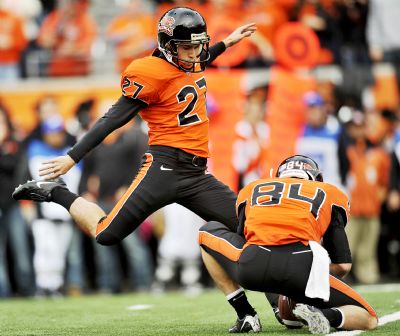
Justin Kahut has served his team well in his tenure at Oregon State. However, he too has fallen victim to clutch misses on extra points.
Against Arizona this season, Kahut missed two extra points that made the game closer than it needed to be. However, the Beavers were still able to pull off the upset.
Oregon State kickers have had troubles with simple PATs in the recent years. Before Kahut, Groza Award Winner Alexis Serna missed three extra points during the 2004 season en route to handing the LSU Tigers a 22-21 OT victory.
Both kickers were otherwise reliable, and Oregon State has established a tradition of special teams in recent history.
A replacement for Kahut will have to demonstrate the same qualities if the Beavs are to maintain their red zone scoring percentage, which has trended negatively in the back half of this season.
7. Increase in Pass Defense at Linebacker
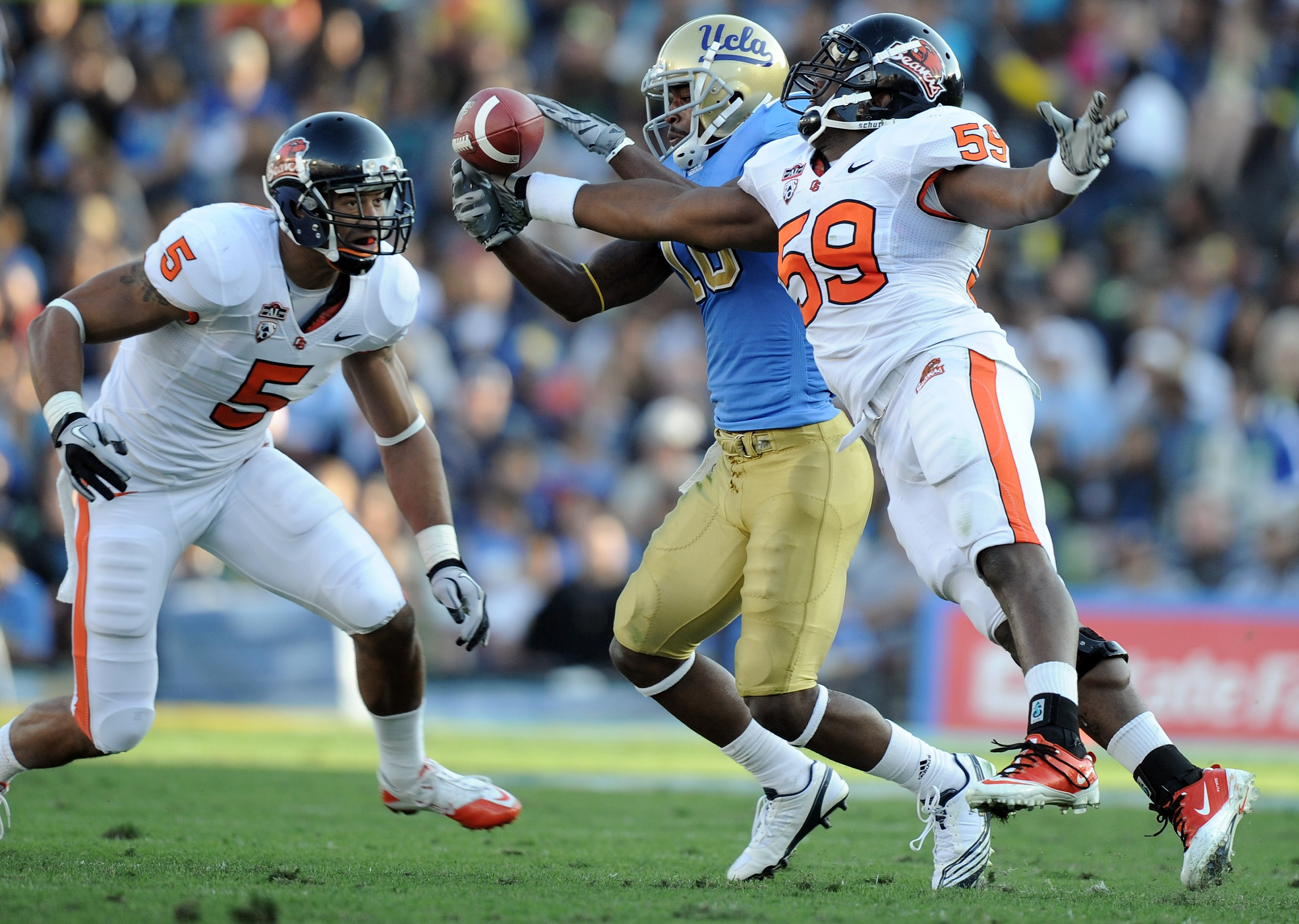
By now, most teams have discovered the passing game against an Oregon State linebacker set that has struggled to aid the secondary in passes in the flat and underneath.
Kellen Moore dismantled the Beavers' defense in Boise, and Jake Locker kept his team in the game long enough to beat them in overtime.
A balanced passing attack with sound running in short distances is a proven method to defeat OSU's linebackers, something that cannot happen next season.
6. Jacquizz Rodgers Needs Increased Role in Play-Calling
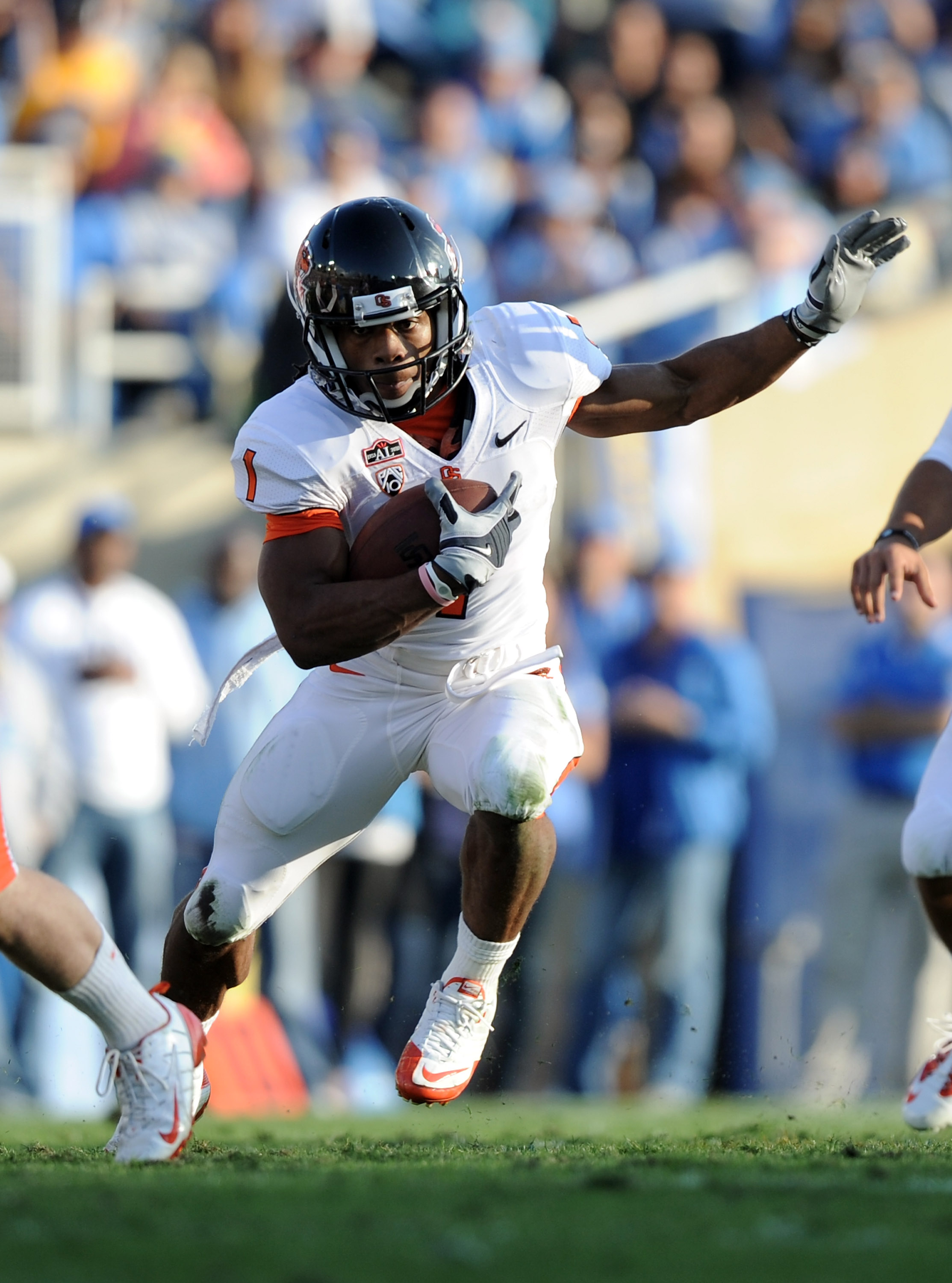
It has been a tremendous evolution for Oregon State football in the last decade, transitioning from the wishbone offense consisting of option run after option run.
With a more West Coast-style offense, the passing game receives most of the showcase and a considerable amount of plays.
That style of moving the ball is effective when your running back has the ability to come out of the backfield and make something happen in the flat.
Rodgers has reliable hands and has the skill set necessary to execute screen passes, flank in short yardage situations, or run the wishbone when called upon.
Additionally, he received limited touches in the loss to Washington, as Riley relied on sophomore QB Ryan Katz to pull through.
Rodgers, despite his size, has NFL-quality skills, but has not been utilized properly this season.
5. Healthy Players Equals Healthy Progress
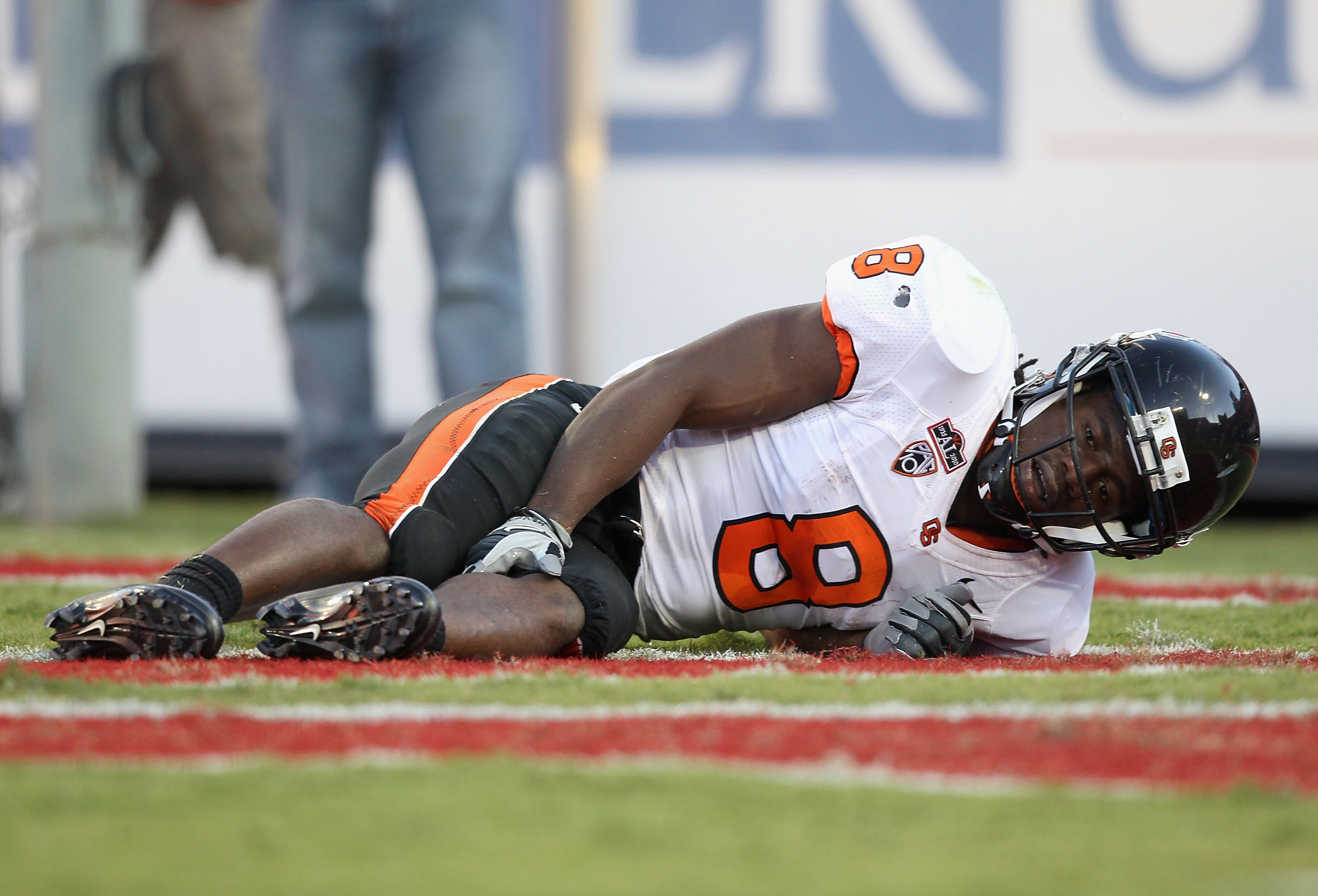
The Beavers suffered a tremendous blow in Tucson with the loss of receiver James Rodgers. On a long touchdown reception that was later called back on penalty, Rodgers was tackled awkwardly into the end zone, damaging his left knee.
Rodgers was out for the season, and Oregon State was noticeably not the same with him on the sideline supported by crutches.
Receivers Jordan Bishop and Darrell Catchings have struggled mightily to fill the gap, and seem to lack the timing and coordination with Katz that Rodgers had established before his injury.
If the Beavers can stay healthy in 2011, the outlook of conference games and contests against notable opponents may look very different.
4. A Favorable Conference Schedule in The Pac-12
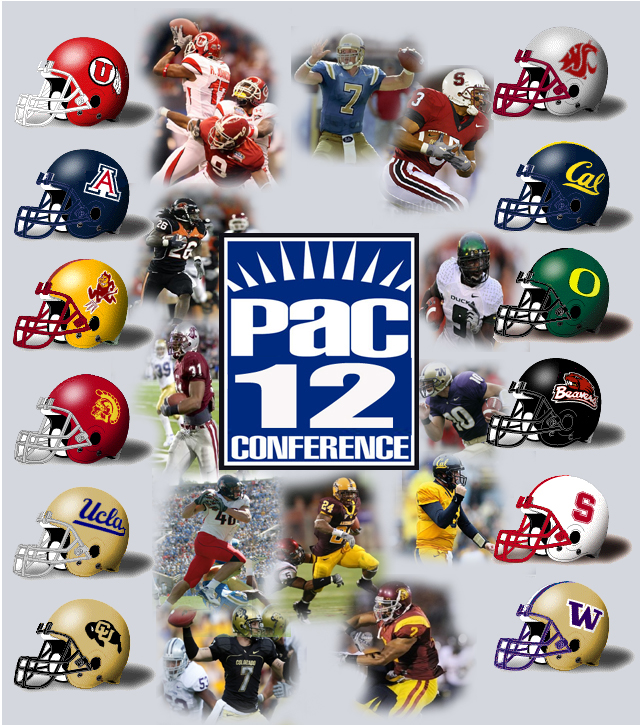
While winning in Tucson, Arizona was ranked No. 9 in the AP Poll, and the Beavers have also entered hostile territory in Seattle. Husky Stadium is no easy place to play, and Husky fans are some of the loudest in the conference.
Add the Rose Bowl and a trip to Palo Alto against No. 6 Stanford, and OSU will look back at 2010 remembering how difficult the conference schedule was on the road.
Next season, Colorado and Utah will be joining the conference. Utah is a program building on consecutive successful seasons, while Colorado is in the midst of a dark age in their program's otherwise storied history.
With the conference to be split into two divisions, Oregon State may benefit from the stratified schedule. The current conference leaders will be opposite the Beavs, and Colorado is set to join the West side of the conference.
A favorable schedule within the conference will earn BCS points for the Black and Orange, but they still have to win...
3. A Playoff System
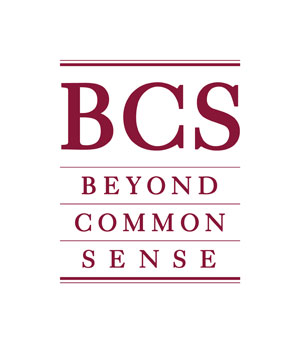
This one is purely wishful thinking. A playoff system in college football still appears years away, and that's if it ever happens. So much money and politics are involved in the BCS system, it is much more complicated than most realize.
However, a playoff system would favor those teams still on the bubble of national exposure. Most feel it would be greatly beneficial to college football as a whole, but those same people have to keep in mind where the money comes from to support the schools.
Oregon State would most definitely be one of the programs to benefit from a playoff system, playing in a conference loaded with talented teams contending in the Top 10.
The media, through advertising and exposure, provides the fuel for over 100 teams. The BCS system seems to be earning a decent allowance, although fans wish there was a way their team wouldn't get slighted each season.
The BCS is clearly a flawed system, but there may not be a viable solution.
2. Key Plays To Be "That Team"
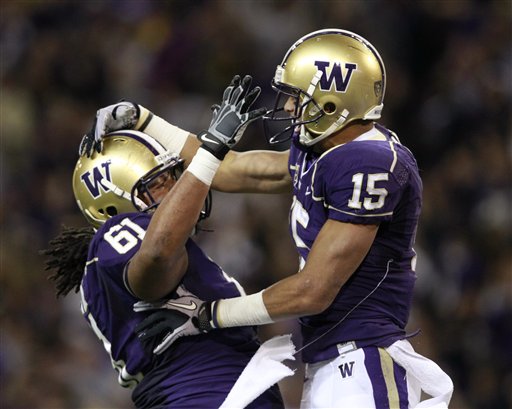
As mentioned earlier, the offense struggled when needed most. On another note, the offense isn't the only way to change the game. Just a few plays here and there can be immensely important over the course of a season.
Looking at their conference losses, a timely interception thrown in the Red Zone by Katz was the turning point for momentum in the game.
Rewinding slightly, special teams failed to set up field position for the offense, which changed the landscape of the final minutes.
The defense followed in overtime by laying down against the Huskies' offense.
At the Rose Bowl, UCLA all but handed the Beavers the game, but their hospitality was returned with the absence of performance from Oregon State.
We won't even talk about Washington State, because by late next season it will be erased from the faithful's memory.
1. A Non-Conference Schedule That Doesn't Include Two Top 5 Teams
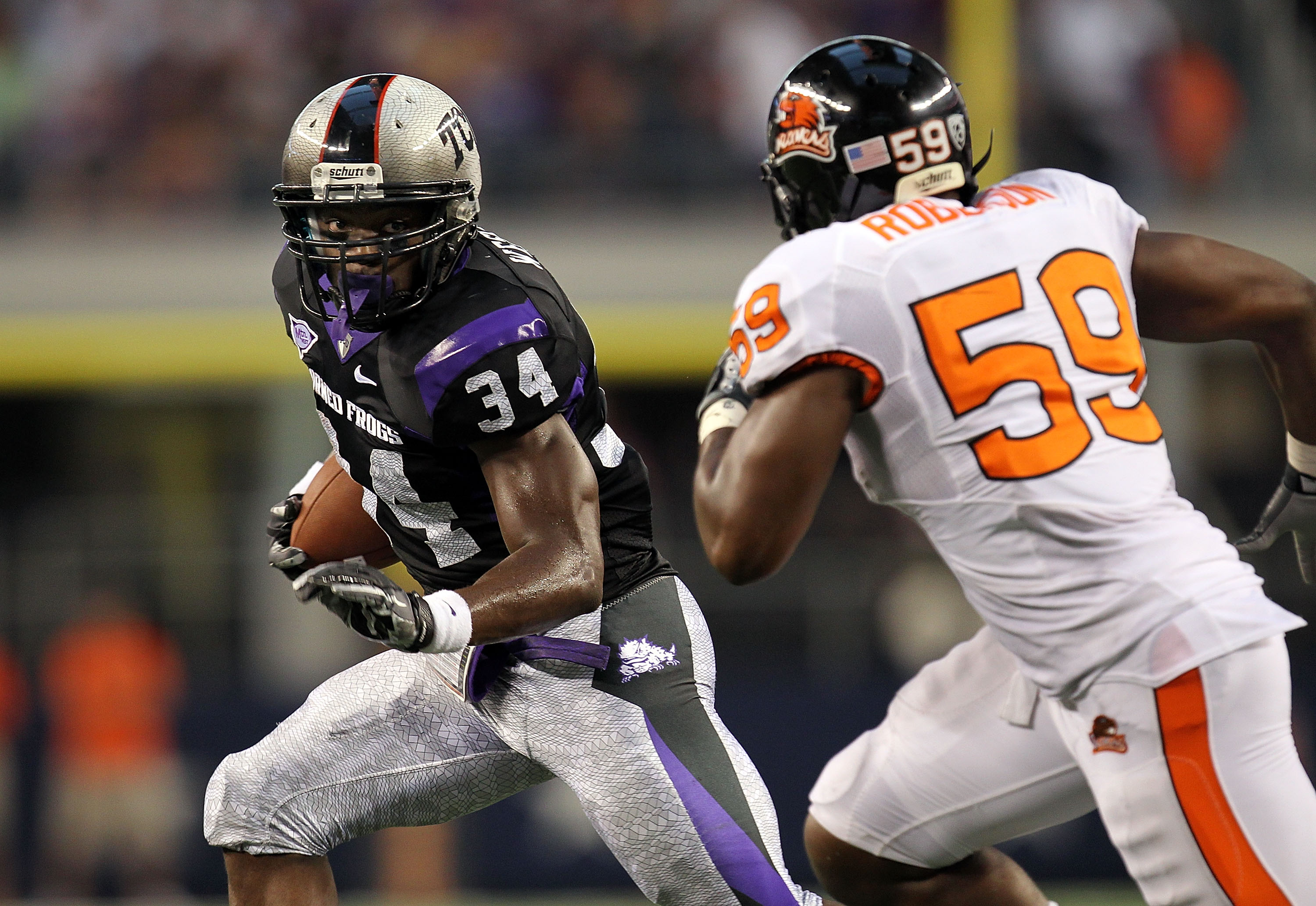
Beginning the 2010 season with two of the first three games against teams that would eventually be ranked in the BCS Top 5 is no way to get ahead.
Of course, beating those teams would be eye-popping, but Oregon State was ill-prepared for the challenge, and the rest of the season suffered.
Perhaps non-conference games between established schools with decent standing would be favorable. However, these games are planned years in advance.
The Beavs already have Wisconsin and BYU on the schedule, so a lesser team to open the season would do wonders.
